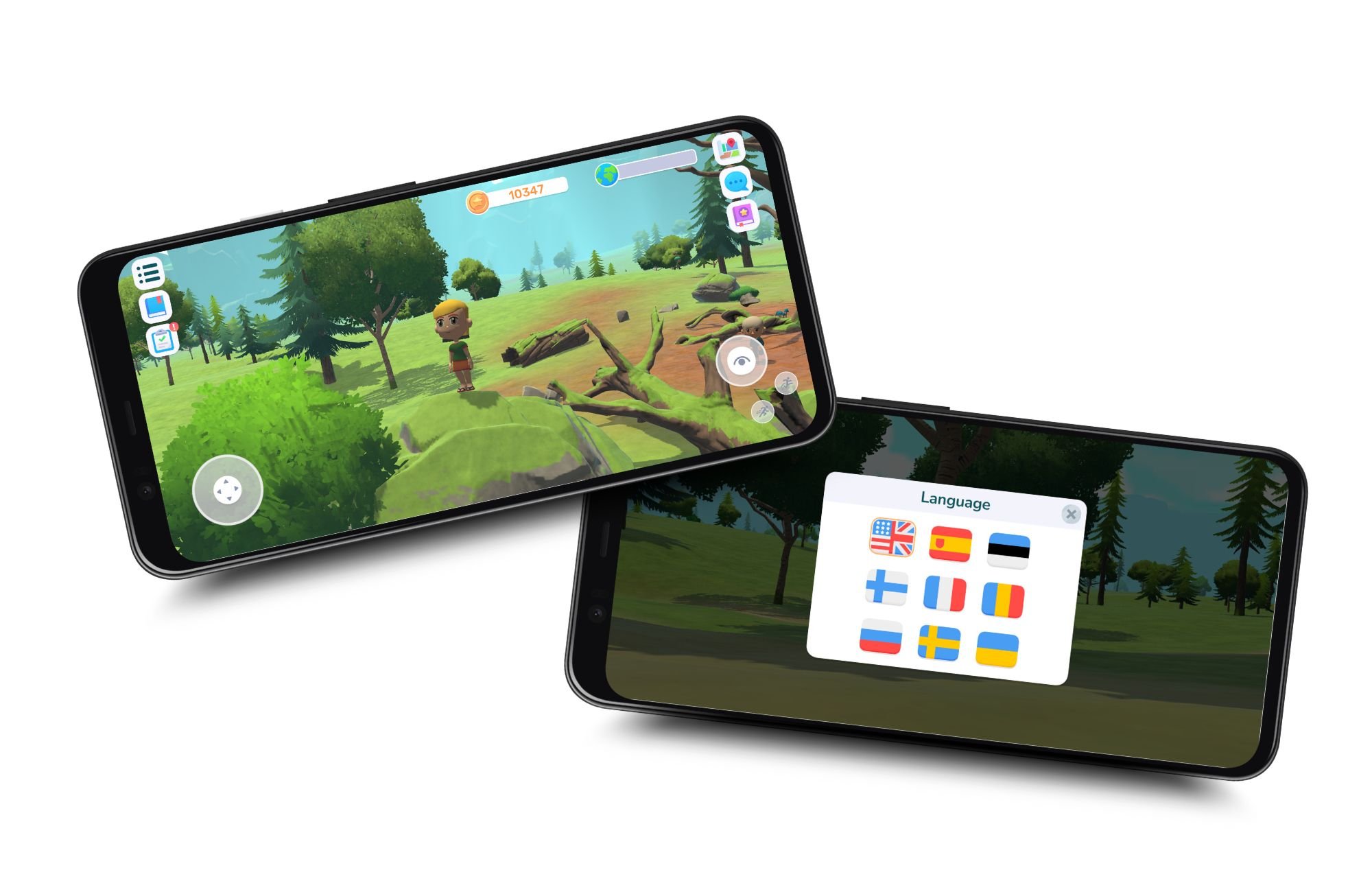Healing minds and hearts with Triumfland Saga - a pedagogical perspective
This blog post has been written by Liviu Pintilie, our former Marketing Associate.
Challenges of childhood
A child going through chronic disease experiences too much negative emotion for their age. Apart from the illness itself and the pain it brings, a child must face a dark mist of feelings and thoughts at an age when they cannot make sense of what is happening around them. These negative emotions can be seriously distressing for an adult, but it is too much to bear for a child. Unseen wounds add up and eventually hamper the beautiful development that a child should have.
Even for children who do not suffer from a medical condition, the childhood years can offer some challenges, first to the child but also parents and educators. Lack of self-esteem, bullying, stress and other traumatic experiences are obstacles in the child's proper development. At times, children do not possess the appropriate vocabulary to express what they feel, so they grow up with emotions they cannot fully grasp.
As much as we wish to, stress and traumatic experiences that children go through cannot be prevented. We do our best to provide these children with adequate medical care to heal their wounds, and education to guide them in certain difficult situations. However, emotional and psychological wounds must be addressed as well in order to support a child going through hardship entirely.
Fortunately, Triumf Health manages to offer the best support through Triumfland Saga for improving the mental health of children in need and promoting healthy behaviors through active learning. The playing element is the crucial aspect of Triumfland Saga, which sets it as ideal pedagogical tool that children and adults can benefit from together.
Authors of their own story
First of all, children enjoy stories and wish to be part of it. With the help of the game and through their in-game character, they create their own story with its world, characters, and challenges. The most rewarding part about advancing through a story, especially if you are playing through it, is the sense of progress - that is, the fact that playing time actually translates into gaining new in-game skills and experience and facing new scenarios. The creative and learning process is under the child's control, further enhanced by the friendly gameplay and game aesthetics.
Playing means learning
Second of all, the game acts as a personal psychological counselor without having the child go through therapy sessions or scrutiny from adults. From my pedagogical experience, children can approach a topic with far more ease when playing than when having a serious conversation like adults have. This is why preschool and primary school lessons have a significant playful and fun character, rather than just representing long stretches of monologues in the form of lectures: playing means discovery, first of the playing environment, and second, of the person themselves. Processing emotions can be challenging for a child facing psychological distress. However, the game offers the right platform for these emotions to be understood, not only by the child but also by the adults who take care of them.
Triumfland Saga is the ideal solutions for children in need of psychological support. The game combines fun, learning, and personal development into a great aid, which are essential qualities that activities for children should have.
In my opinion, they represent the most gentle approach to healing children's hearts and building the adults of tomorrow.


